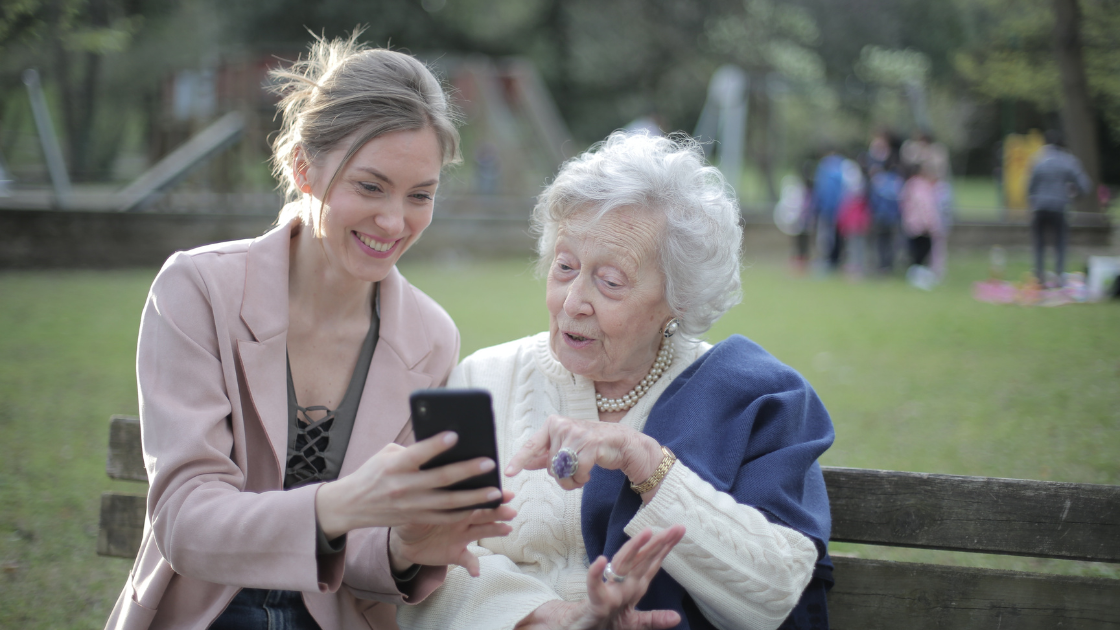How iPhones Can Help With Dementia
How iPhones Can Help With Dementia
Dementia is a challenging condition, that affects millions of people worldwide. As technology continues to advance, smartphones like iPhones are becoming valuable tools in managing dementia. In this article, we will explore how iPhones can make a significant difference in the lives of those dealing with dementia.
Reminders and Alarms
iPhones come equipped with a built-in reminder and alarm system. For dementia patients, remembering important daily tasks can be a struggle. iPhones can help by setting alarms for medication reminders, appointments, and daily routines, providing structure and reducing anxiety.
GPS and Location Services
One common concern with dementia patients is wandering and getting lost. iPhones offer GPS tracking, allowing caregivers and family members to locate their loved ones easily. This feature provides peace of mind and enhances the safety of dementia patients.
Digital Memory Aids
iPhones can serve as digital memory aids. They can store essential information such as emergency contacts, medical history, and daily schedules. If the patient forgets critical details, this information is readily available, ensuring they receive proper care.
Photo and Video Sharing
One of the most emotional aspects of dementia is memory loss. iPhones can help by storing precious memories through photos and videos. Caregivers and family members can create digital albums to help patients recall significant life events and people.
Communication and Social Engagement
iPhones offer various communication tools like text messaging and video calls. These features enable dementia patients to stay connected with friends and family, reducing isolation and loneliness. Regular interactions with loved ones can have a positive impact on their mental well-being.
Cognitive Apps and Games
Many apps and games designed to stimulate cognitive functions are available on iPhones. These apps can help seniors with dementia exercise their memory, problem-solving skills, and concentration. Engaging in these activities regularly may slow down cognitive decline.
Voice Assistants
Voice assistants like Siri can be incredibly helpful for dementia patients. They can provide answers to questions, set reminders, play music, and perform various tasks through voice commands. This hands-free approach simplifies phone usage.
Entertainment and Relaxation
iPhones offer a wide range of entertainment options, including music, audiobooks, and streaming services. These features can be particularly beneficial for dementia patients as they provide relaxation and enjoyment, reducing stress and anxiety.
Emergency Features
iPhones have built-in emergency features that allow users to call for help quickly. This feature is invaluable for dementia patients who might find themselves in distress or facing a medical emergency.
Tracking Health Data
Apple’s Health app can track various health parameters like heart rate, sleep patterns, and physical activity. This data can be shared with healthcare providers, enabling better monitoring of the patient’s overall health.
Conclusion
Incorporating iPhones into the lives of dementia patients can be a game-changer. From memory aids to cognitive games and communication tools, iPhones offer numerous benefits for both patients and caregivers. However, it’s essential to consider the patient’s familiarity with technology and adapt the iPhone’s usage to their specific needs. With the right approach, iPhones can significantly improve the quality of life for those living with dementia.
